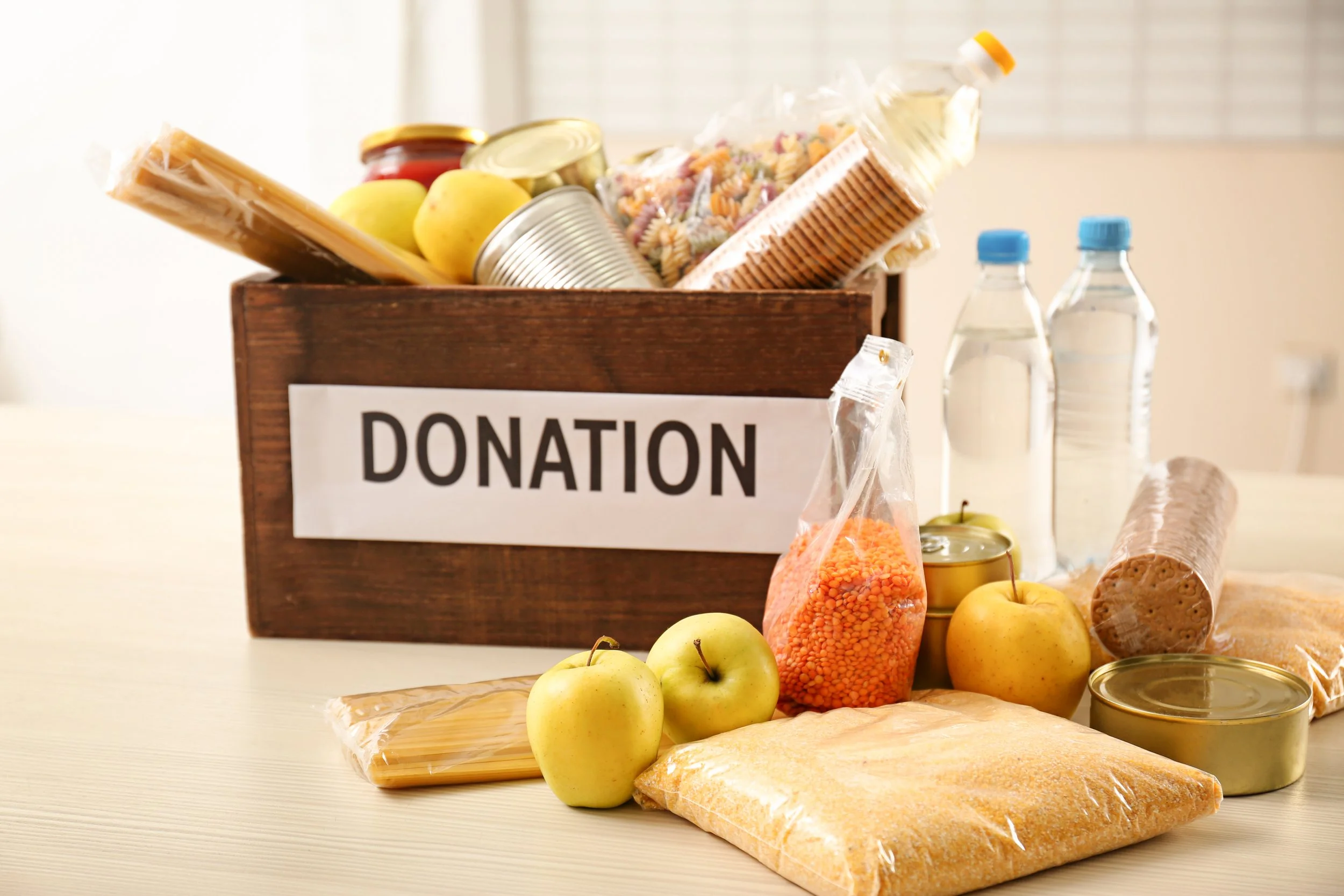Feed Your Neighbor, Nourish Your Community
A Phil Knows Food Message
As a Registered Dietitian, I believe good nutrition should never be a privilege. Whole, nutrient dense foods build stronger bodies, clearer minds, and healthier communities.
When we support local food banks, we are not just feeding people. We are restoring health, dignity, and hope.
This season, let’s work together to make sure everyone has a place at the table.
Together, we can transform lives, one meal at a time.
Feed Your Neighbor, NOURISH Your Community
Supporting Local Food Banks This Holiday Season (and Always)
The holidays are a time for gratitude, connection, and gathering around food, but for millions of Americans, that simple act is not guaranteed. According to Feeding America, more than 47 million people in the United States, including nearly 14 million children, face food insecurity. Hunger exists in every county across the country, and many who visit food banks are working families who simply run out of funds by the end of the month.
This is not about charity. It is about community, compassion, and dignity. Food insecurity affects our neighbors, colleagues, and even classmates’ families. When we help fill those gaps, we are not just feeding people. We are nourishing health and hope.
Why Supporting Food Banks Matters
There is no shame in needing help. Many people who rely on food banks are hardworking individuals balancing multiple jobs, caregiving, and health challenges. Inflation, medical bills, and rising costs can make nutritious food feel out of reach. When you donate or volunteer, you are standing up for health equity and helping ensure that everyone, regardless of income, has access to real food that supports wellness.
Donate Whole, Nutrient Dense Foods
If you are dropping off food this season, choose items that are shelf stable and nourishing. Every effort adds up, and your choices matter.
Great Options to Donate:
Canned tuna, salmon, or chicken (water packed, low sodium)
Canned beans, lentils, and chickpeas
Natural peanut or almond butter (no added sugar)
Whole grains such as brown rice, quinoa, oats, whole grain pasta
Low sodium canned vegetables
Canned fruit in 100 percent juice or water
Olive or avocado oil
Shelf stable milk or non dairy alternatives
Tomato sauce with no added sugar
Baby food, diapers, or personal care items
Before donating, check your local food bank’s website for their “most needed items” list.
Why Cash Donations Make a Big Difference
Monetary gifts allow food banks to purchase fresh produce, protein, and bulk staples at wholesale prices. Many organizations can provide up to ten meals for every one dollar donated through partnerships and bulk buying power. If you cannot drop off food, giving online is quick and flexible.
How to Get Involved
Donate food or funds
Volunteer your time
Share your local food bank’s wish list
Start a workplace or family donation drive
Hunger does not take a holiday.
Find Your Local Food Bank
FeedingAmerica.org
Thank you for being part of the solution.
In Health and Gratitude,
Philippa “Phil” Bebbington, MS, RD
© 2025 Phil Knows Food. All rights reserved. Not medical advice. For informational purposes only. No reproduction or distribution without written permission. Full Disclaimer

